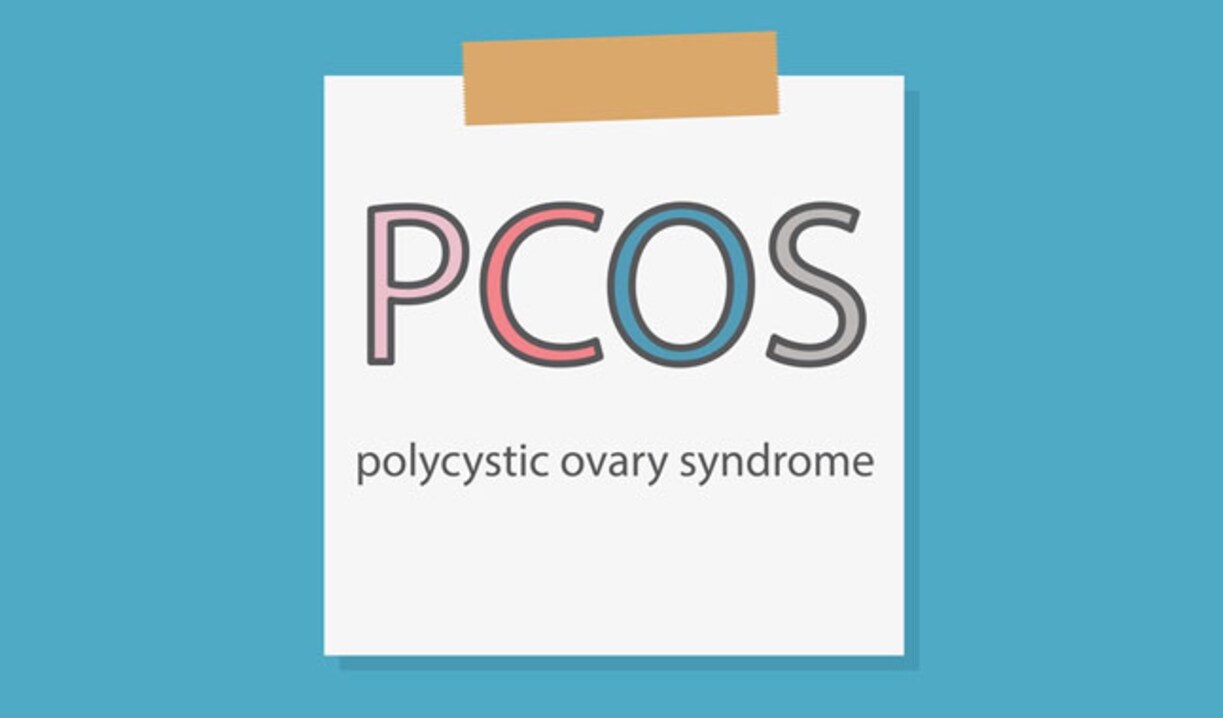Polycystic Ovarian Disease or PCOD as it is commonly called, is a hormonal disorder seen in women who have reached reproductive age. PCOD or PCOS affects a woman’s ovaries that produce an abnormal amount of progesterone and estrogen hormones. This hormonal imbalance results in an irregular menstrual cycle and hampers the chances of conception. Read on if you are also looking for PCOD problem treatment.
What is the PCOD problem?
PCOD is a common problem in which ovaries produce immature or partially mature eggs that may form cysts in the ovaries over time. As a result, the ovaries become enlarged and start producing a large number of male hormones that cause infertility, abnormal weight gain, hair loss, and irregular menstrual cycle. The good news here is that PCOD can be controlled to a large extent by changing our dietary habits and modifying our lifestyles.
Lifestyle changes for treating PCOD/PCOS
- Maintain healthy body weight – A BMI above 30 is considered obese and unhealthy. Obesity leads to many health issues such as high cholesterol levels, heart disease, diabetes, and many other diseases. A healthy BMI ratio is essential to maintain the androgen and insulin levels in the body, so take out some time to maintain your body weight within the acceptable limits.
- Limit Carbohydrate consumption – Doctors recommend a low-carbohydrate diet for women suffering from PCOD. This helps in maintaining insulin levels. Eat eggs, meat, fish, and vegetables that grow above the ground. Include natural fats such as sunflower seeds, pumpkin seeds, sesame seeds, and butter in your daily diet. Foods such as potatoes, pasta, bread, and rice that are rich in starch are best avoided. Take a minimum amount of sugar to control your weight.
Along with these lifestyle changes, the treatment depends on individual problems such as hair growth, obesity, infertility, and acne among others. The common treatments include:
- Medicines are given to treat hormonal imbalance and insulin resistance. This assists in treating irregular menstrual cycle problems to a great extent.
- Fertility drugs are prescribed to patients suffering from infertility problems.
- Women who suffer from acne and pigmentation problems are advised of various skin treatments.
- Oral medicines and injections are given to induce ovulation and improve the quantity and quality of ovulation.
- In certain cases, a laparoscopic procedure is employed for ovarian drilling to destroy androgen–producing tissue in the ovaries. This procedure is adopted in those patients who do not respond to hormonal treatment for some reason.
Wrapping up:
Although PCOD is seen in almost 10% of women worldwide, it is not a serious problem for most of them. Although there is no complete cure for PCOD, the symptoms can be controlled by maintaining a healthy weight, doing regular exercise and workouts, and following a low-carb or complex carbohydrate diet. PCOD problem treatment starts with taking care of all the above guidelines and making it a point to visit the gynecologist regularly to keep the problem under control. Remember! Stress will only increase your symptoms so modify your lifestyle and change your food habits to overcome the symptoms.
